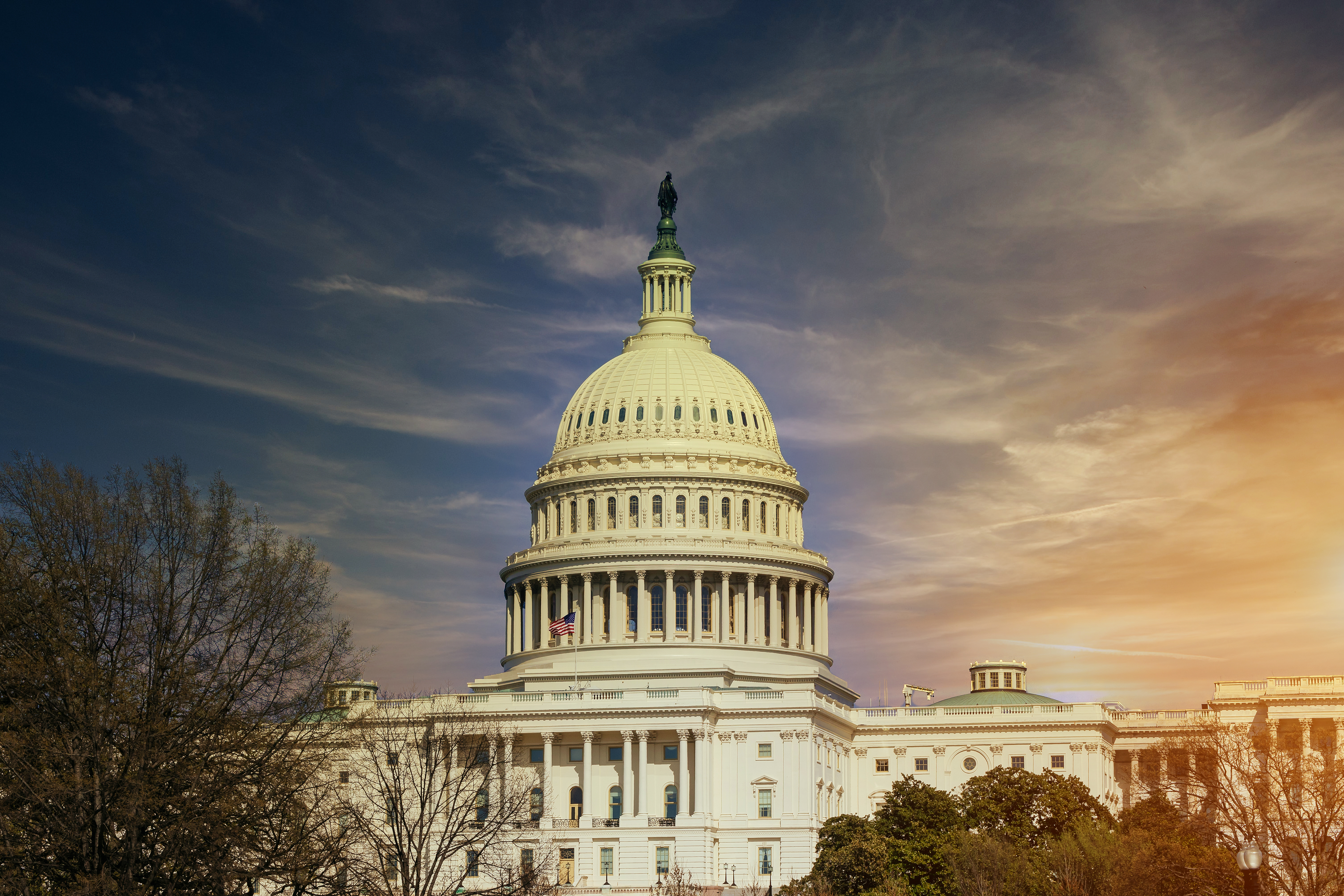The House of Representatives is in turmoil. On October 11, Rep. Steve Scalise (R-LA) beat rival Rep. Jim Jordan (R-OH) to win his party’s nomination to be Speaker of the House by a narrow 113-99 secret vote. But Rep. Scalise withdrew from the race some 24 hours later, determining that he could not get the 217 votes needed to win on the House floor. Then, on October 13, Rep. Jordan won a GOP Conference vote to become the House GOP nominee for Speaker—but his vote total was 93 short of the 217 needed on the House floor. So, going into the evening of October 16, the House is still without a Speaker, or any prospects for one. And thus, all House business remains at a halt pending the election of a new Speaker.
The new Speaker will have to negotiate a year-end government funding bill, knowing that there are enough hard-right Republican members to torpedo any compromise acceptable to the Democrats (who run the Senate and the White House)—and that those members have shown a willingness to shut down the government. There are numerous land mines awaiting the new Speaker in these negotiations—the level of government spending, “culture war” issues like whether to defund abortion and/or transgender care programs, whether to defund legal proceedings against former President Trump and/or investigations into his actions, etc. The new war between Israel and Hamas adds both urgency and complexity.
There are many “Plan B” scenarios floating—voting to expand the power of Interim Speaker Rep. Patrick McHenry (R-NC) or choosing an alternative candidate for the Speakership are among them. Most, but not all, House Republicans do want to avoid the public spectacle of repeated Speaker votes, as occurred last January when it took 15 ballots to elect now-deposed Speaker Rep. Kevin McCarthy (R-CA). So, it could take some time—although the House GOP could coalesce quickly—before the House elects a new Speaker. How long the House GOP Conference will allow the House to remain paralyzed is another key open question.
The House Parliamentarian has ruled that under current rules, the Interim Speaker lacks the power to do anything beyond running the election for Speaker. The House could change those rules to expand the Interim Speaker’s power to allow him to bring legislation to the House floor, and that might be an option if the Speakership is not settled soon.
In the meantime, there is pressing pending business that includes the need to fund the government by November 17. If government funding legislation is not enacted into law by then, there will be a government shutdown. Note, the year-end government funding bill will, if enacted, extend and fund the National Flood Insurance Program (NFIP). Further, the funding bill is being eyed as a vehicle for enacting certain time-sensitive tax provisions—e.g., tax extenders, business interest deductibility, SECURE 2.0 corrections, expansion of health savings account (HSA) bills, etc. House Republicans acknowledge that time is of the essence, but so far there is no consensus on how to move forward.
Prospects: There is as yet no clarity about what comes next for the House GOP Conference. Numerous House Republican lawmakers suggest that they need to find an alternative to both Reps. Scalise and Jordan. But with 221 Republicans in the House, a successful Speaker candidate can lose no more than four GOP votes, and so far, no one has emerged who can command that level of support. We will keep you posted as this plays out.
NAIFA Staff Contacts: Diane Boyle – Senior Vice President – Government Relations, at dboyle@naifa.org; or Jayne Fitzgerald – Director – Government Relations, at jfitzgerald@naifa.org; or Michael Hedge – Senior Director – Government Relations, at mhedge@naifa.org.






.png?width=600&height=90&name=Support%20IFAPAC%20%20(600%20%C3%97%2090%20px).png)
